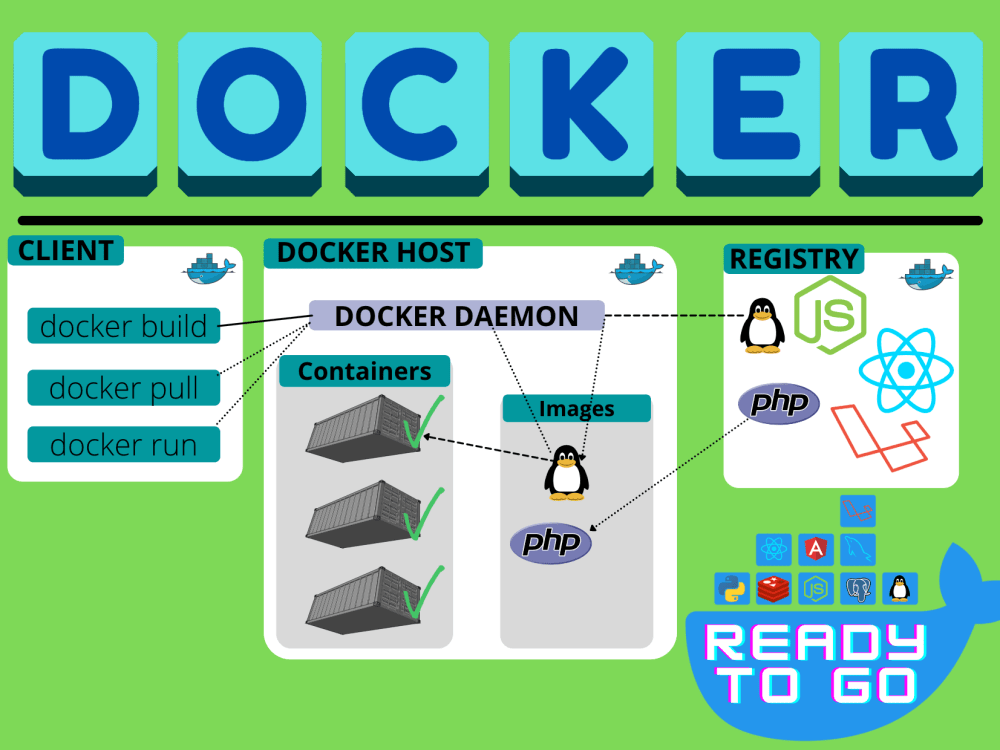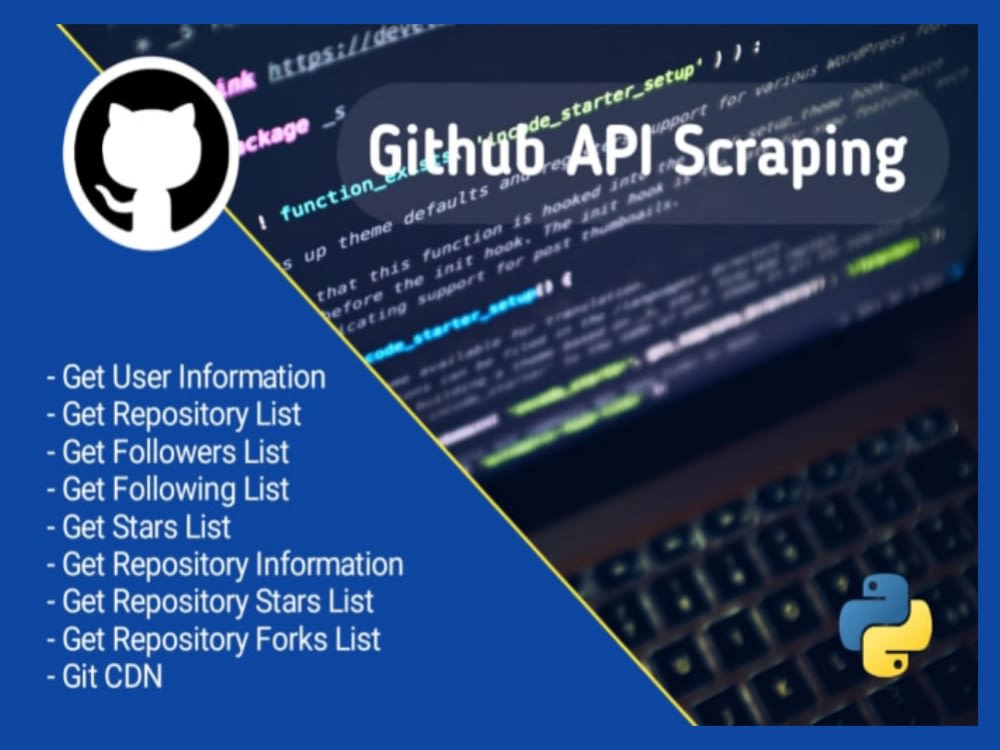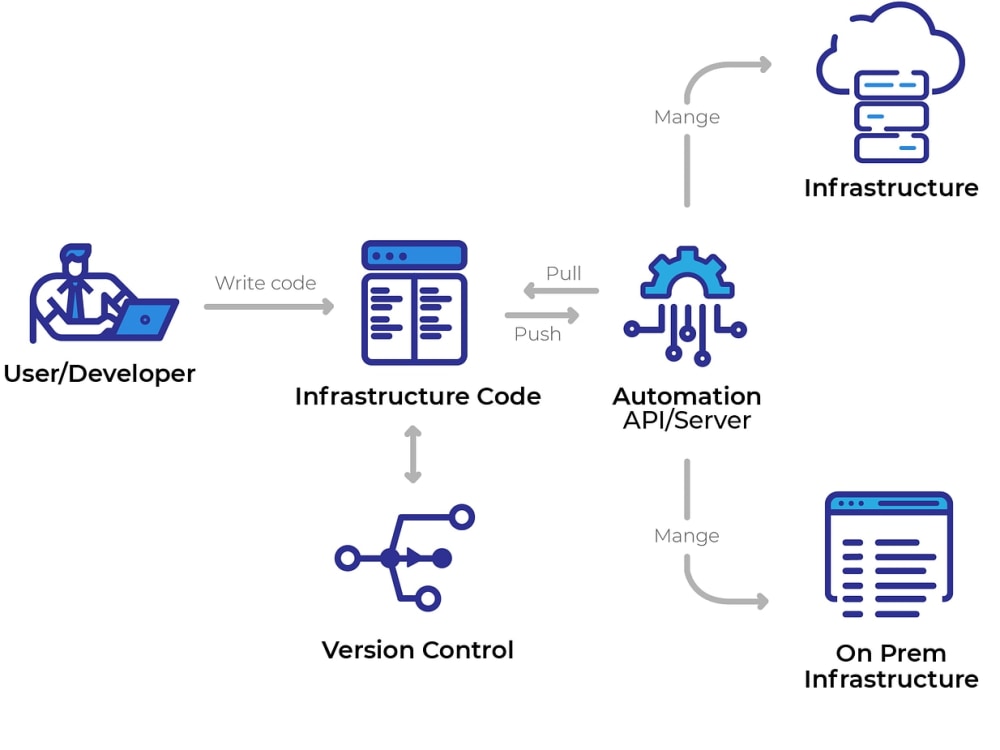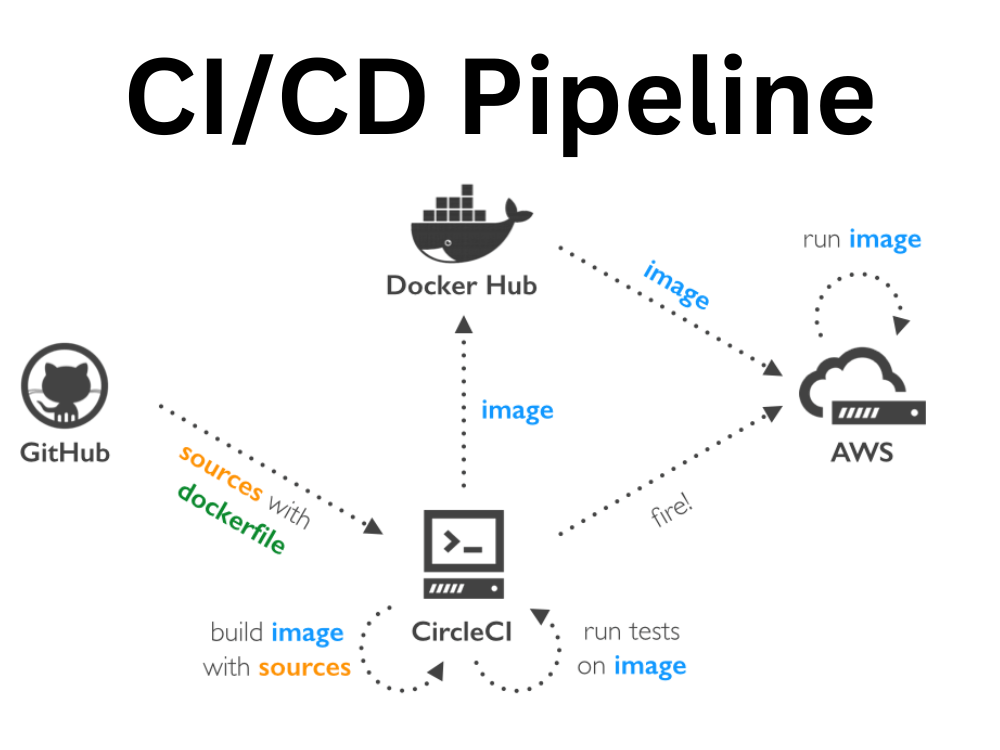Description
Our Container Management Platform services use Kubernetes, Docker Swarm, or OpenShift to help you manage containerized applications at scale. We set up clusters that automate container deployment, load balancing, scaling, and failover to ensure high availability and resilience. Features like Helm charts, namespace isolation, and resource quotas allow for environment-specific configurations and efficient resource allocation. These platforms reduce downtime, simplify rollouts and rollbacks, and support zero-downtime deployments. Ideal for microservices, CI/CD integrations, and hybrid cloud architectures, our solutions ensure your infrastructure is elastic, resilient, and developer-friendly.





Inno –
These platforms streamline application deployment and management through containerization. They offer features for orchestration, scaling, and monitoring, simplifying complex workflows. While requiring some initial investment in learning, the benefits in terms of resource utilization and speed are substantial. Good choice for organizations embracing DevOps and cloud-native architectures.
Sule –
This platform streamlines container orchestration, simplifying deployment and scaling. Features like automated resource allocation and health checks are beneficial. However, a steeper learning curve might pose an initial challenge for some teams. Ultimately, it’s a valuable tool for organizations embracing containerization.
Chukwu –
Container Management Platforms offer a centralized way to deploy and orchestrate containerized applications. The solutions streamline operations by simplifying scaling, monitoring, and resource allocation. They reduce overhead but require a learning curve for proper utilization and integration with existing infrastructure.
Opeyemi –
These platforms streamline container deployment and orchestration, easing the burden of managing complex microservices. They offer robust features for scaling, monitoring, and automating container lifecycles. Consider exploring different options to find the best fit for your specific infrastructure and development needs.